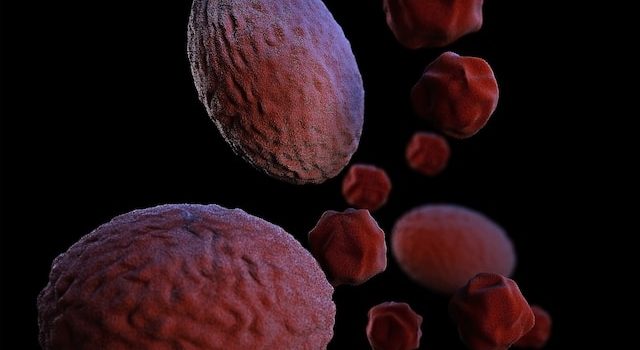
Introduction: Being diagnosed with early-stage Chronic Kidney Disease (CKD) can feel overwhelming, but with the right knowledge and guidance, you can successfully manage your condition and maintain a good quality of life. This article aims to provide helpful tips and practical advice for navigating life with early-stage CKD. By implementing these strategies, you can take control of your health and make informed decisions to slow the progression of the disease.
- Educate Yourself about CKD:
- Understand the basics of CKD, including its causes, symptoms, and treatment options.
- Learn about the importance of regular monitoring, such as blood tests and urine tests, to track kidney function.
- Stay informed about lifestyle modifications, dietary guidelines, and medication management.
- Build a Supportive Healthcare Team:
- Find a nephrologist or healthcare provider experienced in managing CKD.
- Establish open communication with your healthcare team, asking questions and seeking clarification when needed.
- Engage with a registered dietitian who specializes in renal nutrition to develop a personalized diet plan.
- Adopt a Kidney-Friendly Diet:
- Limit sodium (salt) intake to help manage blood pressure and reduce fluid retention.
- Control protein consumption based on your healthcare provider’s recommendations to minimize kidney stress.
- Monitor potassium and phosphorus intake, as high levels can be harmful to kidneys. Learn which foods are high in these minerals and modify your diet accordingly.
- Manage Blood Pressure and Blood Sugar:
- Keep your blood pressure within the target range recommended by your healthcare provider.
- If you have diabetes, work closely with your healthcare team to manage your blood sugar levels effectively.
- Follow prescribed medications and lifestyle modifications to control these risk factors.
- Stay Hydrated and Monitor Fluid Intake:
- Maintain a healthy fluid balance by monitoring your daily fluid intake and adhering to your healthcare provider’s recommendations.
- Be mindful of thirst cues and adjust your fluid intake accordingly.
- Limit or avoid beverages that can contribute to fluid overload, such as sugary drinks and alcohol.
- Incorporate Regular Physical Activity:
- Engage in regular exercise, as advised by your healthcare team, to improve cardiovascular health and overall well-being.
- Choose activities that are low-impact and enjoyable, such as walking, swimming, or cycling.
- Consult with your healthcare provider before starting any new exercise regimen.
- Manage Stress and Prioritize Mental Health:
- Find healthy ways to cope with stress, such as practicing relaxation techniques, engaging in hobbies, or seeking support from loved ones.
- Consider joining support groups or online communities where you can connect with others facing similar challenges.
- Prioritize self-care activities to promote mental well-being.
- Stay Compliant with Medications and Appointments:
- Take prescribed medications as instructed by your healthcare provider.
- Maintain a medication schedule and use reminders if needed.
- Attend all scheduled medical appointments for regular monitoring and adjustments to your treatment plan.
Conclusion: Living with early-stage Chronic Kidney Disease requires proactive management and self-care. By educating yourself about CKD, building a strong healthcare team, adopting a kidney-friendly diet, managing blood pressure and blood sugar, monitoring fluid intake, engaging in regular physical activity, prioritizing mental health, and staying compliant with medications and appointments, you can effectively navigate life with CKD. Remember that you are not alone, and with proper support and guidance, you can take control of your health and maintain a fulfilling life.










